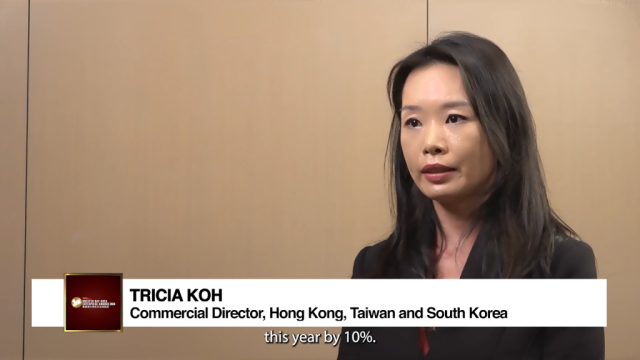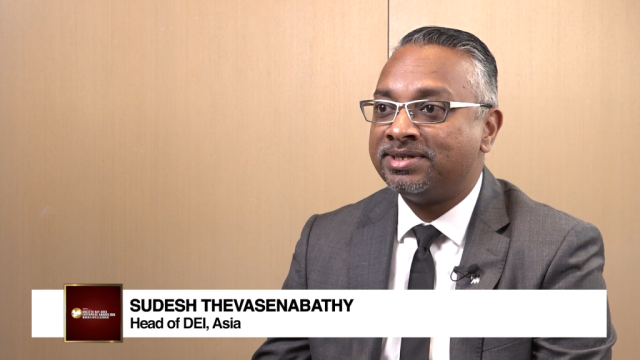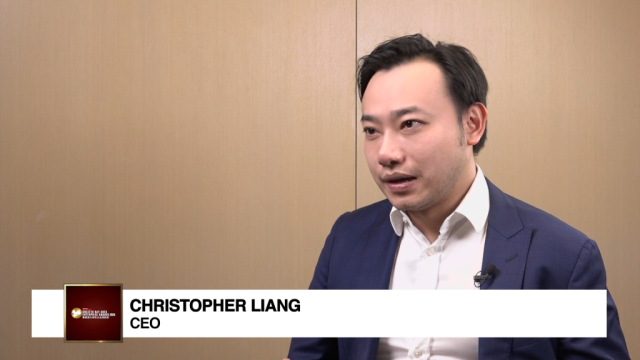Are the Chinese antitrust agencies likely to step up their enforcement?
By David Cox and Lucas NiedolistekThe Chinese antitrust agencies issued implementing measures which will allow for an increased level of enforcement against cartels and other kind of anticompetitive conduct in China, but do they really mean business?
Overview of the new implementing rules
In early January, the National Development and Reform Commission ("NDRC") and the State Administration for Industry and Commerce ("SAIC") in charge of the enforcement of China's Anti-monopoly Law ("AML") adopted several implementing rules which not only clarify a number of key provisions but send a message that the agencies plan to adopt a more rigorous and aggressive approach in investigating and enforcing the AML.
With respect to anticompetitive agreements, the rules confirm that concerted behaviour which cannot be justified on the basis of rational economic decisions can amount to a monopoly agreement and therefore violate the AML.
More importantly, the rules enumerate a certain number of practices which are likely to constitute their enforcement priorities such as fixing the prices (or the price range) of goods or services, fixing the level of fees or discounts offered in relation to the sale of goods or services, limiting the production out-put or sharing markets or consumers. There is no particular surprise there as these practices are all "hard core" infringements and have been subject to vigorous enforcement in more mature jurisdictions in Asia, the EU or the US.
As far as distribution agreements are concerned, the rules explicitly prohibit the supplier from fixing the retail price of its distributor or setting a minimum resale price.
Trade associations are also explicitly prohibited from setting rules or engaging in conduct that interferes with competition. In particular, trade associations cannot encourage or organise member companies to enter into anticompetitive agreements such as the ones referred above.
With respect to dominant market players, the rules refer to the presumptions set out in the AML whereby a company holding a 50% market share, two companies holding two-thirds of the market or three companies holding three-quarters of the market are presumed to be dominant. In addition, the new rules enumerate a number of practices that would amount to an abuse if implemented by a dominant firm such as selling below cost, charging unfairly high or discriminatory prices, refusal to deal, entering into certain types of tying or exclusive arrangements. In addition, the rules set out a number of justifications for a certain type of potentially abusive conduct.
Lastly, the rules provide some useful guidance on procedural matters (such as leniency applications or commitment procedure) and the agencies' powers of investigations.
Companies that self-report competition law violations could benefit from full immunity or a reduction in fines depending on when the evidence was submitted to the authority. NDRC and SAIC rules differ on some aspects, for example the SAIC rules do not seem to allow the cartel leader to seek any kind of reduction in fines whereas under the NDRC rules this seems to be possible; in addition contrary to the NDRC rules, the SAIC rules do not specify the amount of fine reduction that can be granted to the "second-in".
What should the companies conducting business in China expect?
Clearly, the adoption of these rules is a sign that the Chinese agencies are getting prepared to increase their enforcement action. The adoption of the rules was followed by an NDRC decision fining a paper manufacturer trade association in Fuyang City for allegedly fixing prices and coordinating output amongst its members. This confirms that the activity of trade associations is likely to be closely scrutinized in the near future. More recently, Wal-Mart and Carrefour have been fined for various deceptive price practices by the NDRC which could suggest that the agencies are particularly interested in the retail sector.
Another signs of likely increased enforcement activity ahead are the cooperation agreements entered into by the NDRC and SAIC with the UK Office of Fair Trading in January 2011 and November 2010. These agreements follow capacity training exercises and staff secondments with other competition agencies around the world including the EU and the US.
However, the resources of these agencies remain hindered for the moment in comparison with their EU or US counterparts. The staff even if well-trained are, with some exceptions, relatively inexperienced. All this will probably lead both agencies to rely more on their local branches to investigate cases. The rules envisage cooperation between the Beijing and regional offices and this will in practical terms expand the agencies' enforcement capabilities.
In the light of this evolving environment, companies active in China, including Hong Kong companies, should therefore take the necessary steps in order to make their commercial practices compatible with the AML. Failing to do so will expose them to fines which could go up to 10% of their turnover, disgorgement of profits, third party liabilities and reputation damage.























 Advertise
Advertise








